David Gonski LeapFrogs into next venture with private equity firm
In a world very down on globalisation, private equity firm LeapFrog proffers the acceptable face of capitalism.
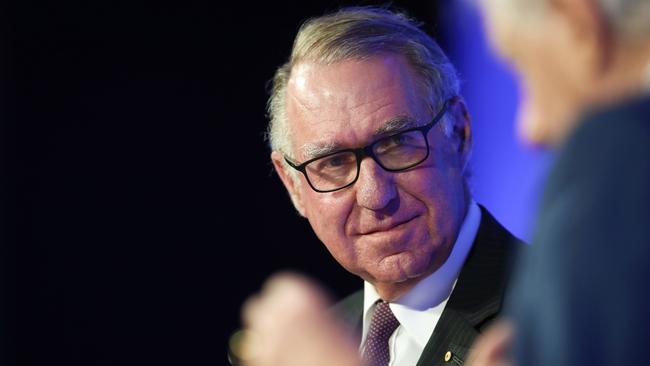
In a world very down on globalisation, private equity firm LeapFrog proffers the acceptable face of capitalism. It is also is part of the answer to the question of “what David Gonski did next”.
LeapFrog, with around $2bn of global funds under management, is an emerging markets private equity play where the investment has so far delivered average annual growth of over 30 per cent a year.
It has been ranked in Forbes top five companies to change the world, alongside Apple and Novartis. Among its star picks are South Africa’s Allife, the first company in the world to offer whole life insurance to people living with HIV, the Goodlife pharmacy chain in East Africa and a raft of basic financial services in India.
It was a paradigm shift that allowed LeapFrog’s CEO Dr Andy Kuper, who founded the business in 2008, to reach 205 million people: the mobile phone.
“Smart phones are a revolution that has seen half of humanity join the grid, and a significant increase in disposable incomes. That creates the biggest historic business opportunity, as well as social opportunity to serve those people, that has ever existed,” he says.
“So we have been mobilising that revolution. Three billion smart phones added in the past three years. You can do telehealth from rural Kenya or Bihar, and you can be getting better service than you might be getting here in Sydney.”
A 2010 TED talk put Kuper on radar of one of Australia’s most important business leaders, David Gonski. As the recently departed chair of ANZ describes it, LeapFrog’s core “profit with purpose” mandate simply blew him away.
“I’m one of the people who for many years said you keep your philanthropy — and it’s important to be philanthropic — but you keep it away from the profits of what you make in the business. But what Andy said in this talk was, why do you have to keep it completely separate? And, by the way, he was not saying that LeapFrog is a philanthropic organisation. Clearly it is there for profit, but they gauge what they have actually done with the moneys that they have invested, (with) that purpose that they’ve actually achieved.”
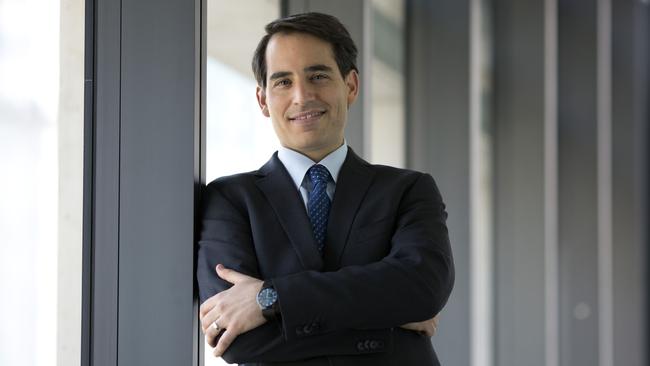
Kuper stresses that the impressive growth record at 30 per cent is not a rate of return. That is confidential, but it seems to have reached the threshold for some of the world’s biggest investors.
“We have sold companies to the Prudential and Standard Chartered and Fidelity. We are a private equity shop: we go in, we buy companies, we grow them significantly and then we sell them on,” he says.
The difference, argues Kuper, is that all of these companies focus on low-income excluded populations — emerging consumers.
“And because they are coming in such numbers, if you are a high-quality company you can really get tremendous growth out of that and that registers on the bottom line.”
A mentor to Kuper over several years, Gonski recently joined LeapFrog’s Global Leadership Council, which boasts as advisers former prime minister Julia Gillard, former chairmen of global giants AXA, Singtel and Ayala Corporation and a former director of the Reserve Bank of India.
LeapFrog’s 2030 goal is to reach a billion people in emerging markets with essential services. For his part, Gonksi is looking to pitch to Australian super funds and their massive inflows. “When you’re investing moneys, particularly if you are a super fund, you need a return. And I believe Andy’s group LeapFrog have got to a point now where they can indicate there is a return.
“No one can guarantee it, but there’s now a long history of returns. The second thing is, particularly where you’re looking to the future as super funds do, you want some purpose, some actual thing that you can stand up and say we did that.”
The business opportunity seems blindingly obvious: “emerging customers” who have never had crop insurance for flood or famine, or shopkeepers without bank accounts and data, who now have EFTPOS and mobile money.
“If you are talking to a small shopkeeper in India as a bank or neobank, you are able to see the thousands and thousands of transactions they are engaging in, that allows you or any other bank to underwrite those small shopkeepers and extend them better and bigger loans and then understand who is a good taker and who is not of those loans.”
As others see risk in inflated global equity markets, Andy Kuper points to IMF analysis of developed markets in a far deeper decline than major emerging economies. Recovery is also expected to be stronger in emerging markets.
“That is because the populations are far younger,” Kuper argues. “There have been fewer lockdowns and the adoption of technology is much more rapid.”
Instead of growing into bricks and mortar, emerging customers have been leapfrogging to mobile for e-retail.
Now investing across 35 different emerging markets, Kuper is eyeing a developed world pumped full of money where yields sit at record lows. “Capital is sitting on the sidelines but it is looking for yield. Emerging markets continue to be where you are going to find growth. You have that secular trend that COVID has not put away.”
Ticky Fullerton presents Business Weekend on Sky News, Sundays at 11am.



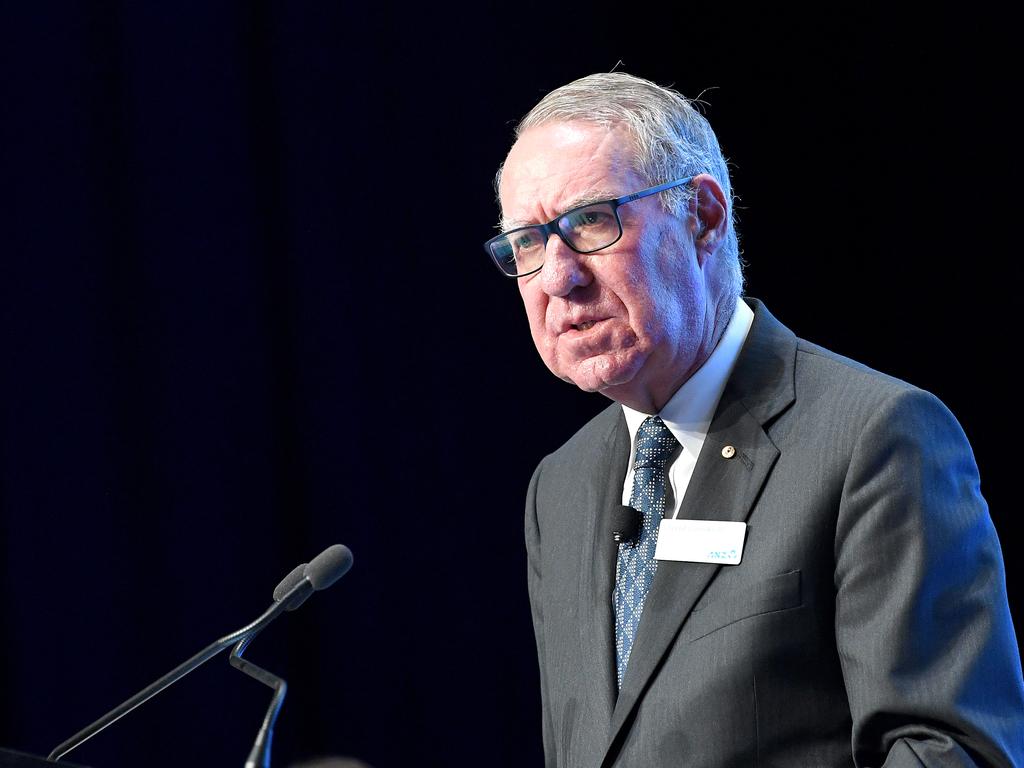
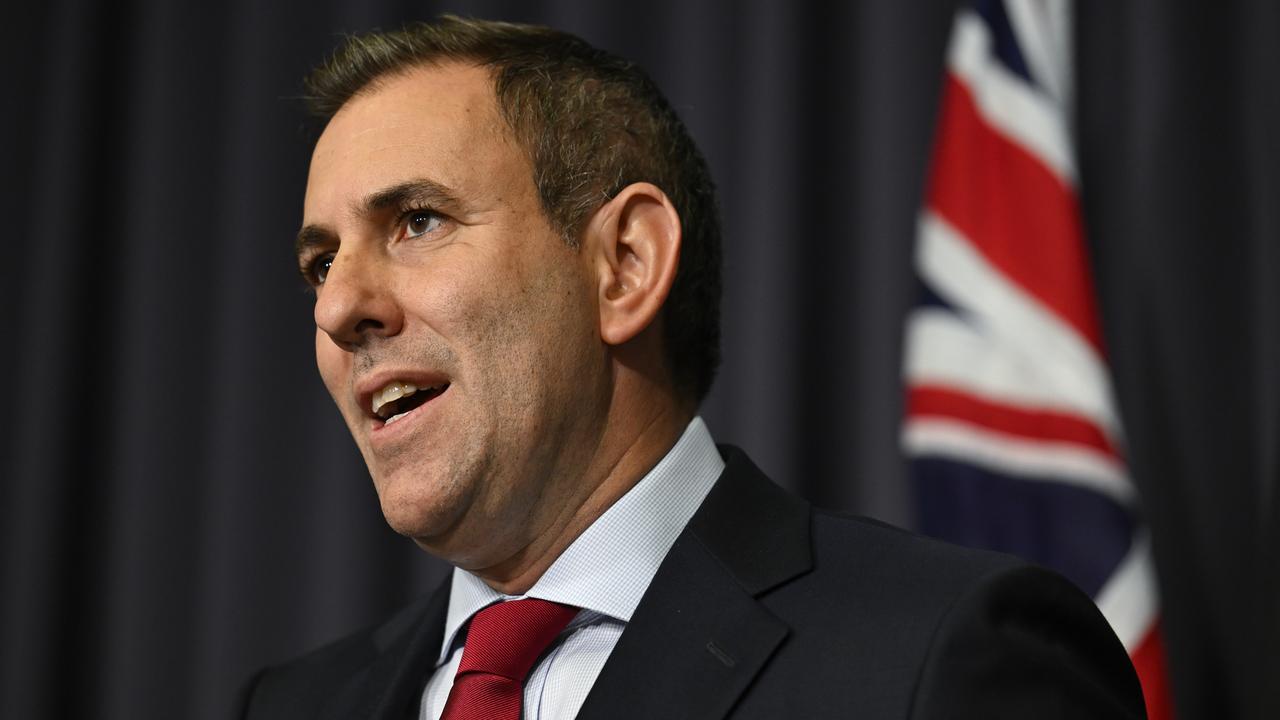
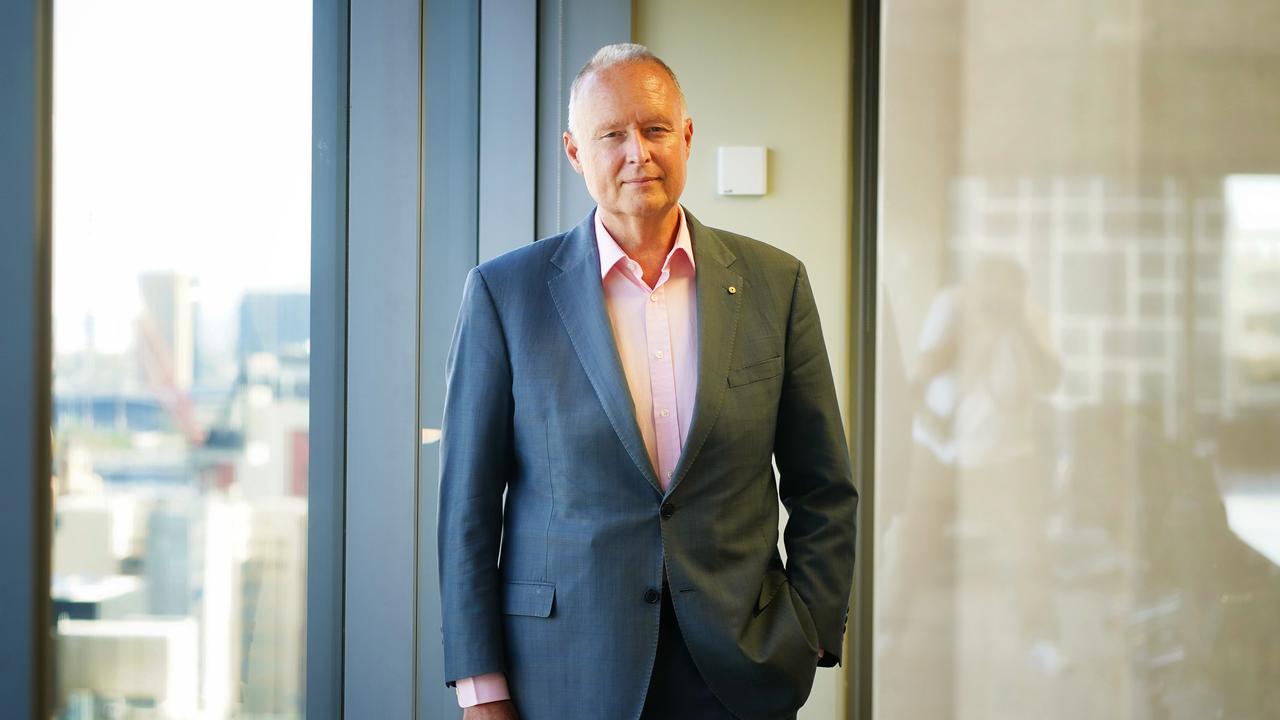
To join the conversation, please log in. Don't have an account? Register
Join the conversation, you are commenting as Logout